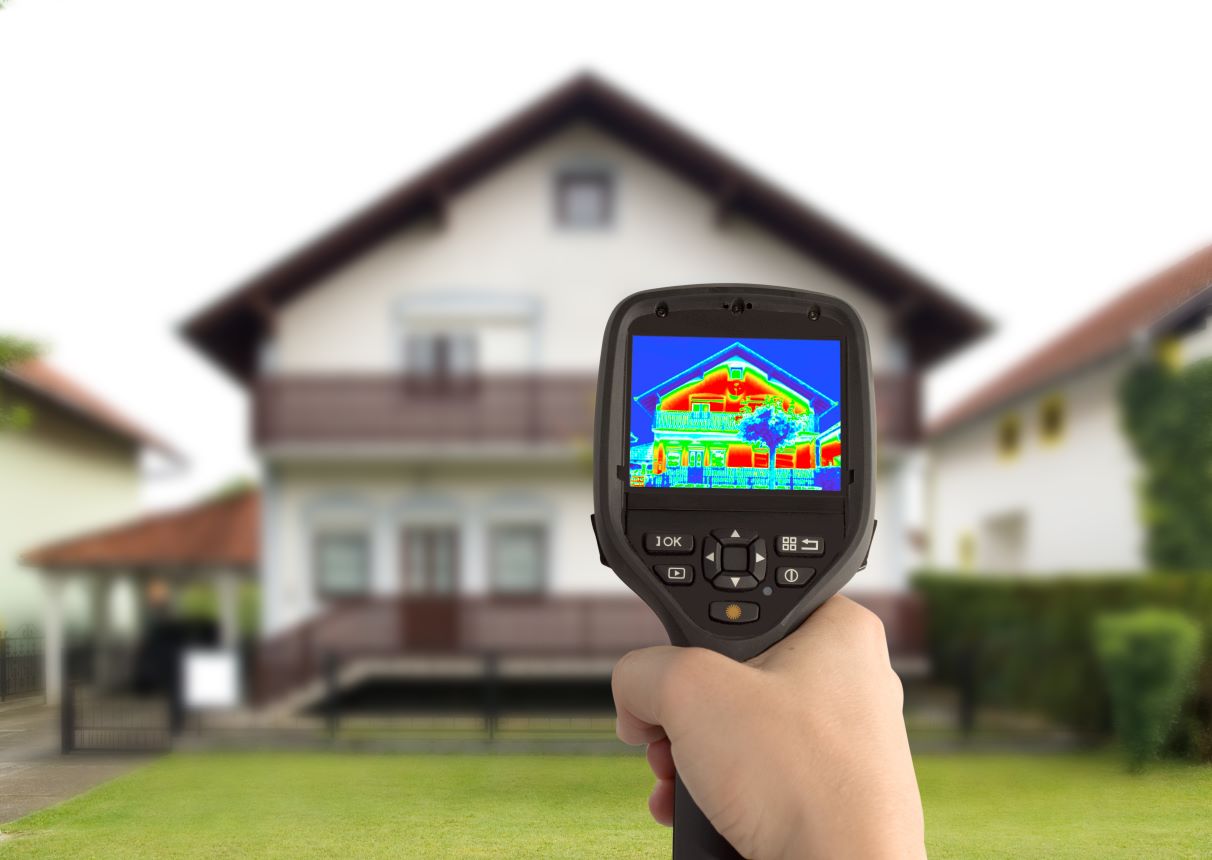Insulate yourself
Many British homes are, unfortunately, not very well insulated. This means that the heat that you pay for can escape through the walls, doors, window and roof of your home or business… meaning you need to crank up the heating and use more energy to stay warm.
Insulating a building means that you can lower your energy use, and save on your bills in the long-run. Some options are quick and cheaper to install, like draught proofing around windows and doors, whereas some require more of an investment, like cavity wall insulation and loft insulation.
To find out how long it will take for an upgrade to your insulation to pay for itself, divide the estimated installation cost by your average annual energy bill, to see how many years it’ll take to see the savings.


